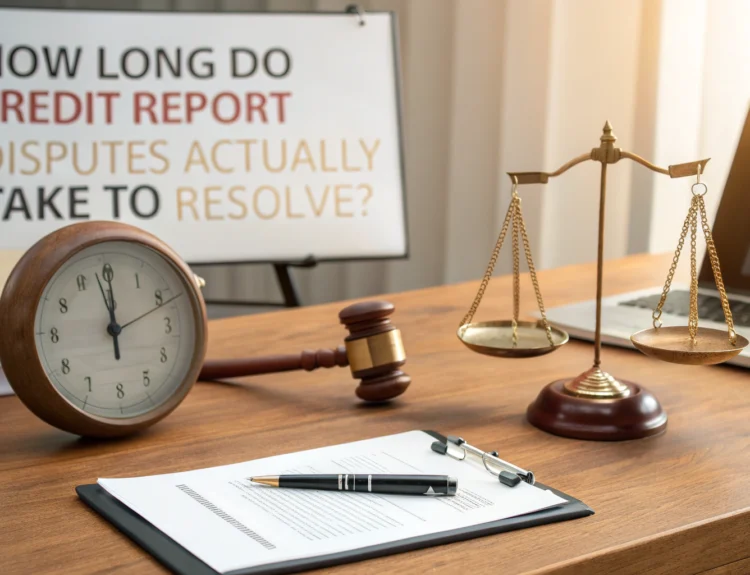Divorce can be one of the most emotionally and financially challenging experiences in a person’s life. As couples navigate the complexities of separation, one aspect that often gets overlooked is the financial planning required to cover legal fees associated with the divorce process.
Understanding how to budget for these expenses is essential for ensuring a smooth transition to post-divorce life. This article will guide you through the steps necessary to budget for legal fees after a divorce, helping you navigate this challenging time with greater ease and confidence.
Contents
Understanding Legal Fees
Types of Legal Fees
Before diving into budgeting, it’s important to understand the various types of legal fees you may encounter during a divorce:
- Retainer Fees: Many divorce attorneys require a retainer fee, which is an upfront payment for services. This fee secures the attorney’s services and can vary significantly based on the attorney’s experience and the complexity of your case.
- Hourly Rates: Most divorce lawyers charge by the hour. The hourly rate can range from $150 to $500 or more, depending on the lawyer’s experience and location.
- Flat Fees: Some lawyers may offer a flat fee for uncontested divorces, which can simplify budgeting but may not cover unexpected complications.
- Court Costs: In addition to legal fees, you may incur various court costs, including filing fees, service fees, and other administrative expenses.
- Additional Costs: Be prepared for additional costs, such as fees for expert witnesses, mediators, or other professionals you may need to engage during the divorce process.
Estimating Total Costs
Estimating your total legal costs can be challenging. Consider discussing your case with a few attorneys to get a clearer picture of potential expenses. Ask for an estimate based on your specific circumstances and inquire about how they bill for their services. While it may be difficult to pinpoint an exact amount, obtaining rough estimates can help you set a more accurate budget.
Assessing Your Financial Situation
Evaluate Your Income and Expenses
Begin by evaluating your current financial situation. List all sources of income, including salary, rental income, or any other financial resources. Next, outline your monthly expenses, including housing, utilities, groceries, transportation, and existing debt obligations. This comprehensive overview will help you identify how much you can allocate toward legal fees.
Identify Assets and Liabilities
In addition to your monthly income and expenses, it’s essential to understand your assets and liabilities. Knowing what you own (e.g., savings accounts, retirement accounts, property) and what you owe (e.g., credit card debt, loans) will provide a clearer picture of your financial standing. This information will be useful when negotiating asset division during the divorce and will impact your budget for legal fees.
Creating a Budget
Establish Your Legal Budget
Once you have a clear understanding of your financial situation, it’s time to create a budget specifically for legal fees. Here are some steps to help you develop a comprehensive budget:
- Set a Total Legal Fees Goal: Based on your research and estimates, set a total budget for your legal fees. This goal should consider the anticipated costs of your divorce and any additional legal matters that may arise.
- Allocate Monthly Contributions: Determine how much you can afford to set aside each month for legal fees. If you are currently employed, consider allocating a portion of your paycheck towards this budget. If necessary, find ways to cut back on discretionary spending to ensure you can meet this goal.
- Create a Separate Account: Consider setting up a separate savings account specifically for your legal fees. This separation can help you track your savings progress and ensure you have funds readily available when needed.
Plan for Contingencies
While it’s essential to establish a budget, it’s also important to plan for contingencies. Divorce cases can be unpredictable, and unexpected expenses may arise. To prepare for this, consider:
- Adding a Buffer: Include an additional 10-20% in your budget to account for unforeseen legal costs or complexities in your case.
- Reassessing Regularly: Regularly review your budget and adjust as necessary. If your financial situation changes or your divorce takes longer than anticipated, be flexible in your budgeting approach.
Exploring Payment Options
Financing Legal Fees
If you find that your legal fees exceed your current financial means, there are various options available to help you manage these costs:
- Payment Plans: Some attorneys may offer payment plans, allowing you to pay legal fees in installments rather than upfront. Discuss this option with potential attorneys during your consultations.
- Credit Cards: Using a credit card to cover legal fees can be a short-term solution, but it’s important to be cautious. Ensure that you have a plan to pay off the balance quickly to avoid accruing high-interest debt.
- Personal Loans: Consider applying for a personal loan to cover legal fees. Be sure to evaluate interest rates and terms to find a loan that fits your budget.
- Legal Aid: If you qualify, you may be able to access legal aid services that can help with your divorce. Research local organizations that offer assistance to low-income individuals seeking legal support.
Communicate with Your Attorney
Maintain open communication with your attorney about your budget and financial situation. A good attorney will understand your constraints and can help you develop a strategy that fits your financial capacity. They may also offer alternative solutions or strategies to minimize costs during the divorce process.
Keeping Track of Expenses
Document All Costs
As you navigate your divorce, it’s crucial to keep meticulous records of all legal expenses. Documenting your costs will provide transparency and help you understand where your money is going. Keep copies of invoices, payment receipts, and any correspondence related to your legal fees. This documentation can be valuable if you need to discuss your expenses with your attorney or if questions arise later in the process.
Reevaluate Your Budget
Regularly reevaluate your budget and adjust it based on your actual legal costs. If you find that expenses are exceeding your initial estimates, take a closer look at where you can cut back on spending or whether you need to explore additional financing options. Keeping your budget flexible will help you manage financial pressures during the divorce process.
Conclusion
Budgeting for legal fees after a divorce is a critical aspect of the separation process. By understanding the types of legal fees you may encounter, assessing your financial situation, creating a realistic budget, and exploring payment options, you can navigate this challenging time with greater confidence.
As you plan for your financial future, consider seeking assistance from a knowledgeable Denver divorce attorney. An experienced attorney can help you understand the costs associated with your case, provide valuable guidance throughout the divorce process, and advocate for your best interests.
By approaching your divorce with a well-thought-out budget and the right legal support, you can minimize financial stress and focus on building a positive future post-divorce.




